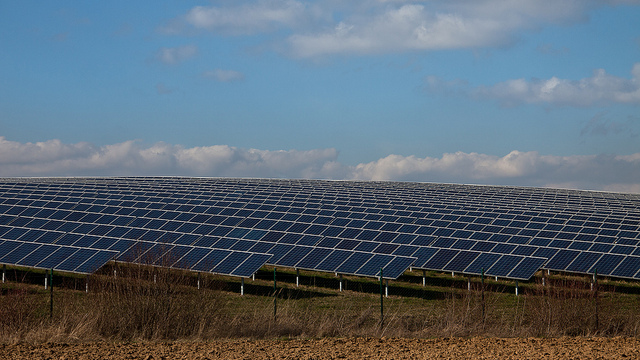The global environmental crisis is a fact. The urgent need for sustainable solutions to stop environmental damage is more pressing and ubiquitous than ever, and it’s clear that these solutions need to consider both social and environmental justice. While in theory there is a large societal consensus that action is needed within this decade, opinions vary as to what kind of changes are needed, and how to achieve them. In this context, research on ‘degrowth’ or ‘postgrowth’ plays an important role in various research fields and social movements, and forms the basis of a dynamic discussion about the potential and limits to growth.
While advocates of economic growth argue that the solution lies in technological innovation and market mechanisms and that without further growth there is no development and wealth, critics warn that ‘green growth’ is a narrative that is used to displace socio-ecological costs elsewhere, while technology is neither able to repair existent damages and lost resources nor to make people live happier and healthier lives. Degrowth ideas and practices demand to be sustainable both socially and environmentally.
Engaging with contemporary interdisciplinary research on ‘post-growth-societies’, Istituto Svizzero seeks to feature a debate on ‘the limits to growth’. This was the title of a report published by the Think Tank Club of Rome in 1972. In the context of the first environmental movement in the 1970ies it provoked a debate that is seeing a revival in recent academic fields and social movements. What does it take to transform our societies to achieve a more just distribution of resources and more resilient systems, today and for future generations? How can we imagine a good life beyond growth?
In collaboration with the University of Lausanne, the University of Ferrara and Harvard University.
Organizing board:
Dr. Maria Böhmer
Prof. Christian Arnsperger
Prof. Viviana Asara
Dr. Viktoria Cologna (SNSF postdoc mobility grant)
More information on the website. Possibility to attend in person or online.

The following text is an excerpt from “Towards an Ecology of Care: Basic Income Beyond the Nation-state (unpublished). Even though the degrowth movement has shown the limits of our civillization’s obsession with growth, and has promoted and proposed complementary currencies, the degrowth critique has yet to consider the role that money/credit creation plays more explicitly. Ecological ec...
We all use models in daily life to explain our environment. An example: I assume that a tree will grow provided it has sufficient water, nutrients and sun. I am using a simple model here, without understanding the nitty-gritty – what exactly happens in the roots, stem, leaves and cells. Thinking in models is not only useful to understand our world, but also to solve problems. Let’s assum...

By Niko Paech The legend of green growth depends on three basic principles: (1) Increase of resource-efficiency, (2) closed material flow cycles and (3) renewable energies. However, despite a host of innovations in the field of climate protection, the ecological damages in the area of energy have been and still are on the rise. The process of ecological modernization reveals itself as a histo...